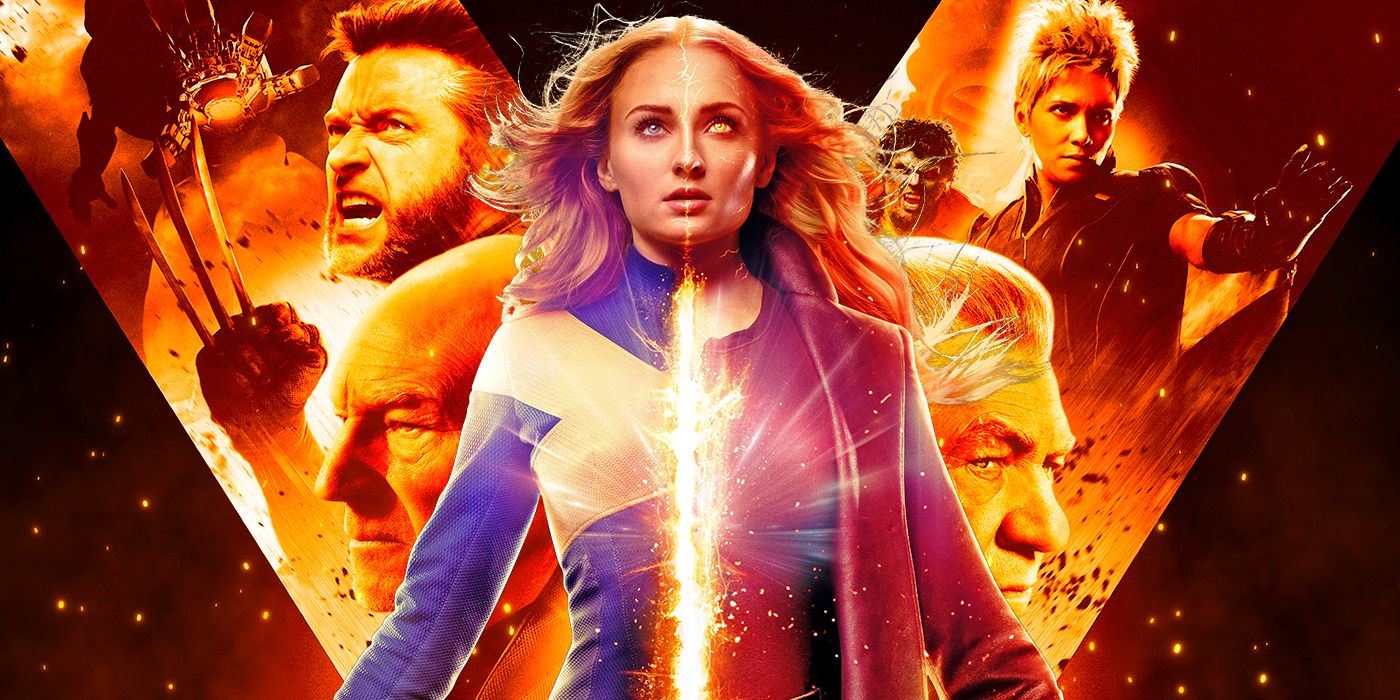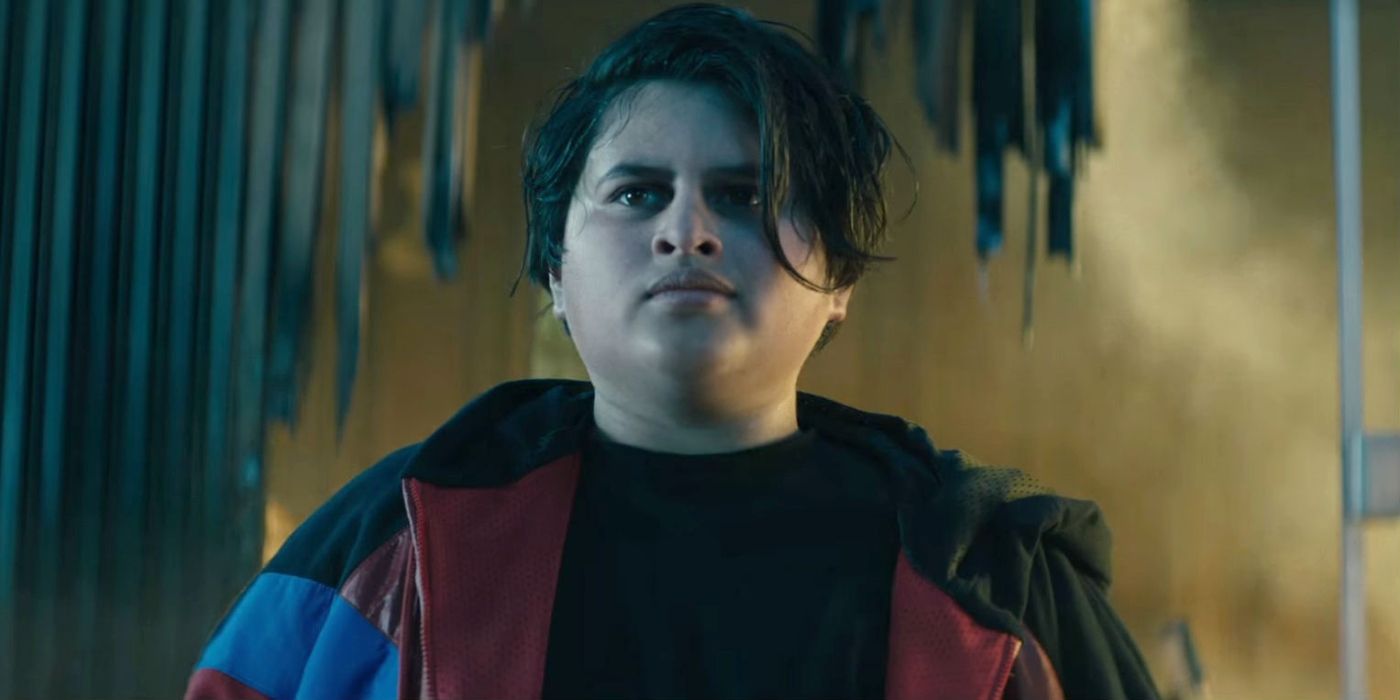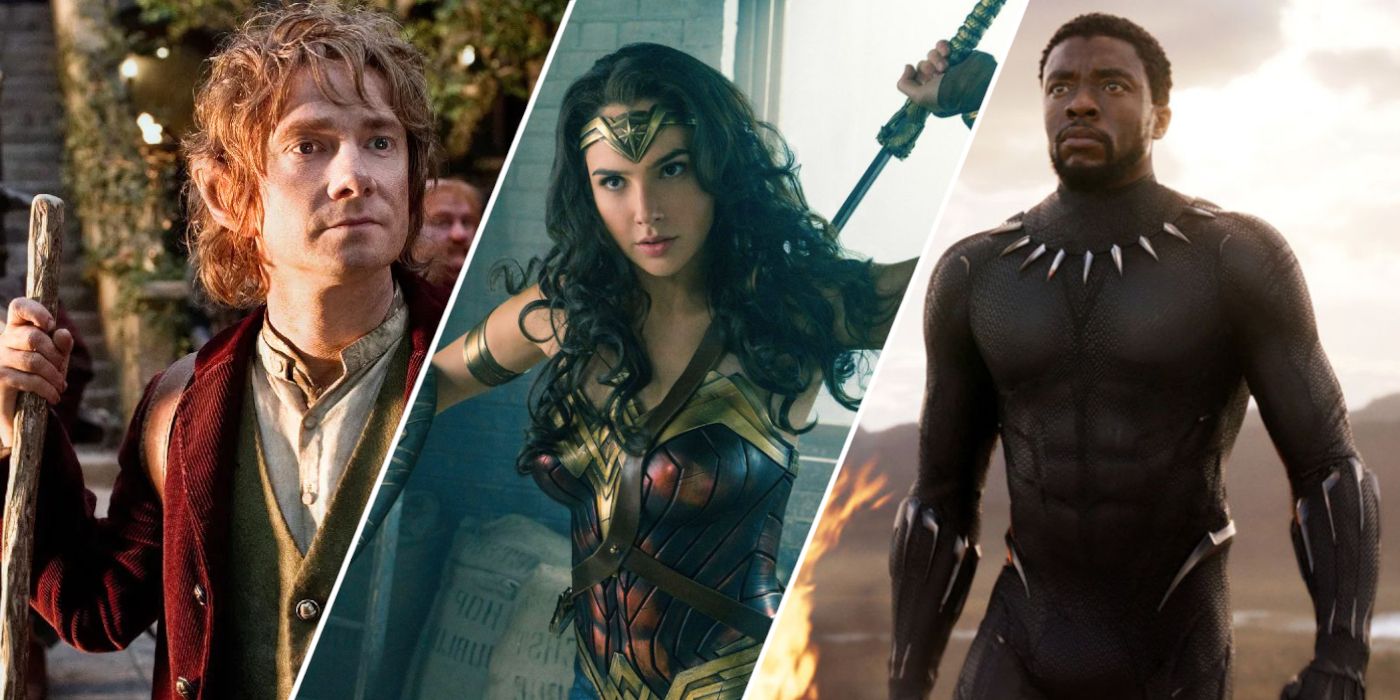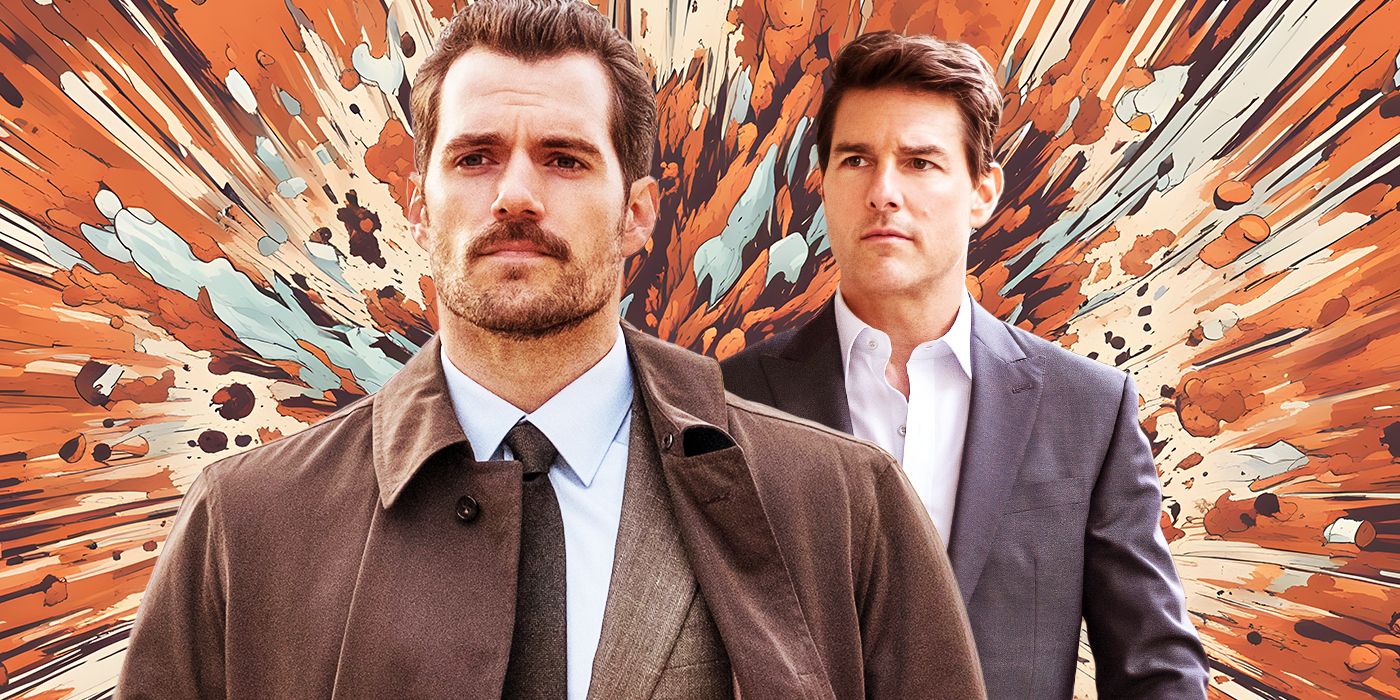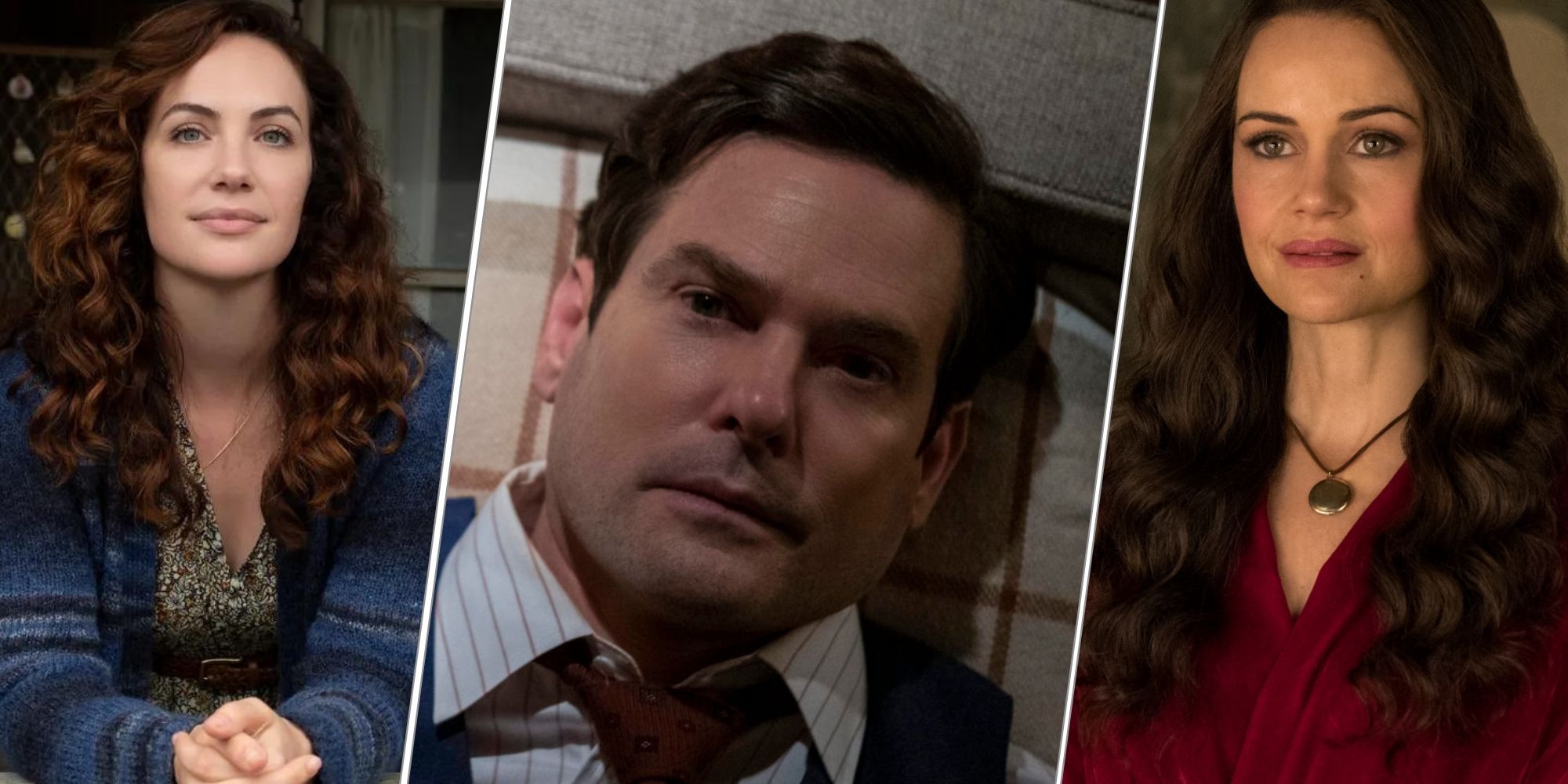The Big Picture
- Disney’s purchase of 20th Century Fox and their subsequent plans for the
X-Men
series contributed to the downfall of the franchise. -
X-Men: Apocalypse
signaled the beginning of the end for the X-Men movies with its lack of new ideas and stagnant storytelling. - The film’s failure to utilize characters of color and its abandonment of LGBTQIA+ subtext further highlighted the franchise’s overall problems.
If you want to get technical about it, it’s easy to pinpoint exactly what killed the X-Men movies: Disney’s purchase of 20th Century Fox. Disney, owning Marvel Studios, had its own plans for the beloved Marvel Comics series, and that plan could not be enacted if they continued moving forward with Fox’s cast and (confusing) continuity of the X-Men timeline up until that point. As further evidence, look to Disney’s ho-hum marketing of X-Men: Dark Phoenix after its acquisition of Fox, and the paltry box office result. It was a whimpered ending to a franchise that helped kick-start the comic book movie genre as we know it with 2000’s critically and financially successful inaugural installment. However, before the Disney acquisition and even Dark Phoenix, the franchise was already headed towards failure thanks to one truly terrible entry that signaled the beginning of the end: 2016’s X-Men: Apocalypse.
X-Men: Apocalypse isn’t the most reviled entry in the main X-Men series, but it is the one that signaled that this franchise’s better days were behind it. If you’re looking for the culprit behind who really killed these movies, you’re bound to find the fingerprints of X-Men: Apocalypse. The franchise installment is an anchor that dragged the X-Men films down in many ways, but it was especially lethal in its creative inertia. Movie franchises cannot survive stagnancy for long. Even James Bond and the biggest superheroes in the Marvel Cinematic Universe require fresh faces and storytelling every few installments. When you refuse to move forward with new filmmakers or ideas, you get the Transformers franchise.
X-Men: Apocalypse
In the 1980s the X-Men must defeat an ancient all-powerful mutant, En Sabah Nur, who intends to thrive through bringing destruction to the world.
- Release Date
- May 18, 2016
- Director
- Bryan Singer
- Runtime
- 136
- Writers
- Michael Dougherty , Dan Harris , Simon Kinberg , Bryan Singer
What Is ‘X-Men: Apocalypse’ About?
X-Men: Apocalypse is an exercise in not just adhering to the familiar but embracing it. Bryan Singer returns to helm his fourth X-Men movie, and while the film introduces new younger versions of Cyclops (Tye Sheridan), Storm (Alexandra Shipp), and Jean Grey (Sophie Turner) to try to freshen things up, it also clings to the past with the return of Michael Fassbender, James McAvoy, Jennifer Lawrence, and Nicholas Hoult. Cyclops and the other new versions of familiar mutants don’t have much time to register as distinct personalities. What’s old is new again, and these characters are again upstaged by other figures in the story. Xavier, Magneto, and Mystique are the center of the story for the third movie in a row, while Hugh Jackman‘s Wolverine even comes back for a baffling set piece in which he feels completely out of place.
And while future To All the Boys I’ve Loved Before star Lana Condor barely gets anything to do as Jubilee, the most tragic victim of X-Men: Apocalypse’s lack of interest in new characters is Oscar Isaac‘s titular villain. This poor actor had more concrete characters to play in Body of Lies and The Bourne Legacy than he did with this forgettable villain. Isaac is buried under pounds of prosthetics and his entire character is basically a monster who wants to destroy things because… reasons.
It also must be said that Isaac, Condor, and Shipp having nothing to do in this movie reinforces the X-Men franchise’s overall problem of giving performers of color absolutely nothing of substance to work with. How depressing that Storm has even less to do in a 2016 movie than she did in her initial appearance back in 2000. The X-Men movies were supposed to represent the struggles of ostracized voices, yet Apocalypse continues the troubling trend of this series largely ignoring non-white perspectives.
‘X-Men: Apocalypse’ Dismisses the Franchise’s LGBTQIA+ Allegories
Troubles with giving weighty material to characters of color aren’t the only thing X-Men: Apocalypse decided to port over from past movies. Quicksilver (Evan Peters) is brought back for another slow-motion set piece set to a period-era tune, while Magneto is once again a good person until he abruptly isn’t. At times, Apocalypse feels like a clip show of past X-Men movies; the cinematic equivalent of a greatest hits cover album.
Even with all these repeated beats from older movies, one of the few consistently distinctive elements of this incarnation of the X-Men has been entirely dropped. The first two X-Men films made no bones about being an allegory for the experiences of LGBTQIA+ individuals. A scene in X2 of Bobby coming out to his parents especially resonated as a reflection of queer reality, rather than the typical flight of fancy you’d expect from a comic book movie. Even the later X-Men offshoot, Deadpool 2, would tip its hat towards the idea of mutants being reflections of queer oppression, with the character of Firefist experiencing abuse in a “mutant re-education center” that resembles a conversion camp.
Any traces of that sort of subtext are well and gone now that Apocalypse has arrived. The closest we get is the circumstances that lead to the death of Magneto’s family, which is fueled by general anti-mutant bigotry. By the time we reach a finale where Psylocke is doing flips around Beast in a crumbled apocalyptic wasteland, the thought of using these characters as metaphors for queer experiences is a distant memory.
‘X-Men: Apocalypse’s Finale Tries (and Fails) to Emulate ‘The Avengers’
The finale is where it becomes especially apparent that X-Men: Apocalypse has lost its way completely. As a gaggle of mutants prepares to fight Apocalypse and his henchmen, a movie that is already on shaky ground begins to crumble before your very eyes. Every line of dialogue seems cribbed from another entirely different movie, while the abundance of supporting characters means that most players on-screen don’t get much to do. Some characters like Moira McTaggart (Rose Byrne) just stand around doing nothing, which is just the kind of exciting behavior we all flock to summer blockbusters to see.
As the finale sequence drones on, it becomes glaringly apparent that all this movie wants to do is emulate the style of the Avengers movies, complete with lots of CG mayhem representing a world-ending threat. There is no chance for distinct personalities of the characters or unique artistic visions to come through here, as the desire to copy other major superhero movies has become too overwhelming. In trying to create its own Battle of New York, Apocalypse merely proves you can annihilate a real-world city in stunning detail and inspire no reaction whatsoever from the viewer. Without any characters to get invested in, all this carnage just registers as meaningless.
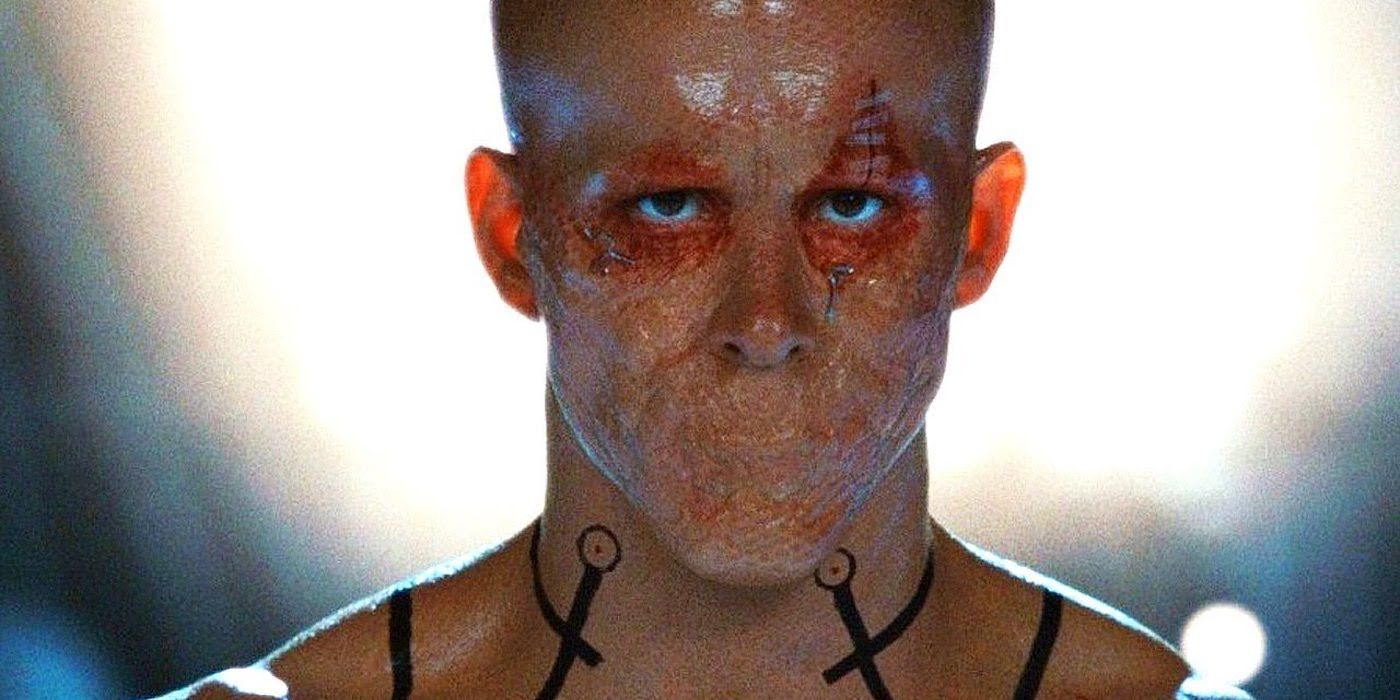
Wade Wilson’s First Movie Appearance Isn’t As Bad as Deadpool Thinks
Ryan Reynolds made a strong first impression as the Merc with a Mouth despite losing said mouth.
The concept of X-Men: Apocalypse leaning heavily on the influences of other superhero movies is, admittedly, not a shocking development. The main X-Men movies have never been entirely bastions of originality. Just look at those black leather outfits the characters waltzed around in the first few movies, which bore more than a passing resemblance to costumes worn in the Matrix films. But by and large, these films were at least mostly original, like opening the first X-Men with a flashback to Auschwitz, the use of a 1960s setting in X-Men: First Class, or even how time travel was used in X-Men: Days of Future Past. But in Apocalypse, originality has been replaced with derivative apocalyptic imagery you could find in any Roland Emmerich disaster movie, while Oscar Isaac delivers forgettable dialogue in a terrible Ivan Ooze cosplay. A series that could once be counted on for at least glimmers of freshness had totally given up.
‘X-Men Apocalypse’ Teases a Recycled Dark Phoenix Storyline
In X-Men: Apocalypse, the day is saved once Jean Grey unleashes her fiery phoenix powers to stop Apocalypse. It’s supposed to be a double-whammy of a crowd-pleaser moment, as not only does Jean Grey wipe out the film’s primary antagonist, but she’s also setting up a new cinematic incarnation of the Dark Phoenix storyline from the comics. In execution, though, it’s just an awkward moment that ends the lengthy VFX-fireworks show on an anti-climactic note, while teasing the audience with a storyline we all saw before in X-Men: The Last Stand.
It’s a microcosm of the entire film itself — a montage of empty spectacle punctuated by retreads of things we’ve already seen. At this moment, it becomes apparent that the sense of stagnation that has gripped so many blockbuster franchises before has ensnared the X-Men movies quite fiercely, not too long after the franchise had new life breathed into it in the form of the younger-skewing X-Men: First Class and the legacy sequel Days of Future Past. While 2017 would bring us the last great (and possibly best) X-Men movie in the form of James Mangold‘s dramatic spinoff Logan, and 2024’s Deadpool & Wolverine is garnering quite the buzz as it integrates Deadpool with the MCU, X-Men: Apocalypse essentially killed any remaining interest in the main X-Men franchise and foretold doom for its future.
X-Men: Apocalypse is available to rent on Prime Video in the U.S.
RENT ON PRIME VIDEO

